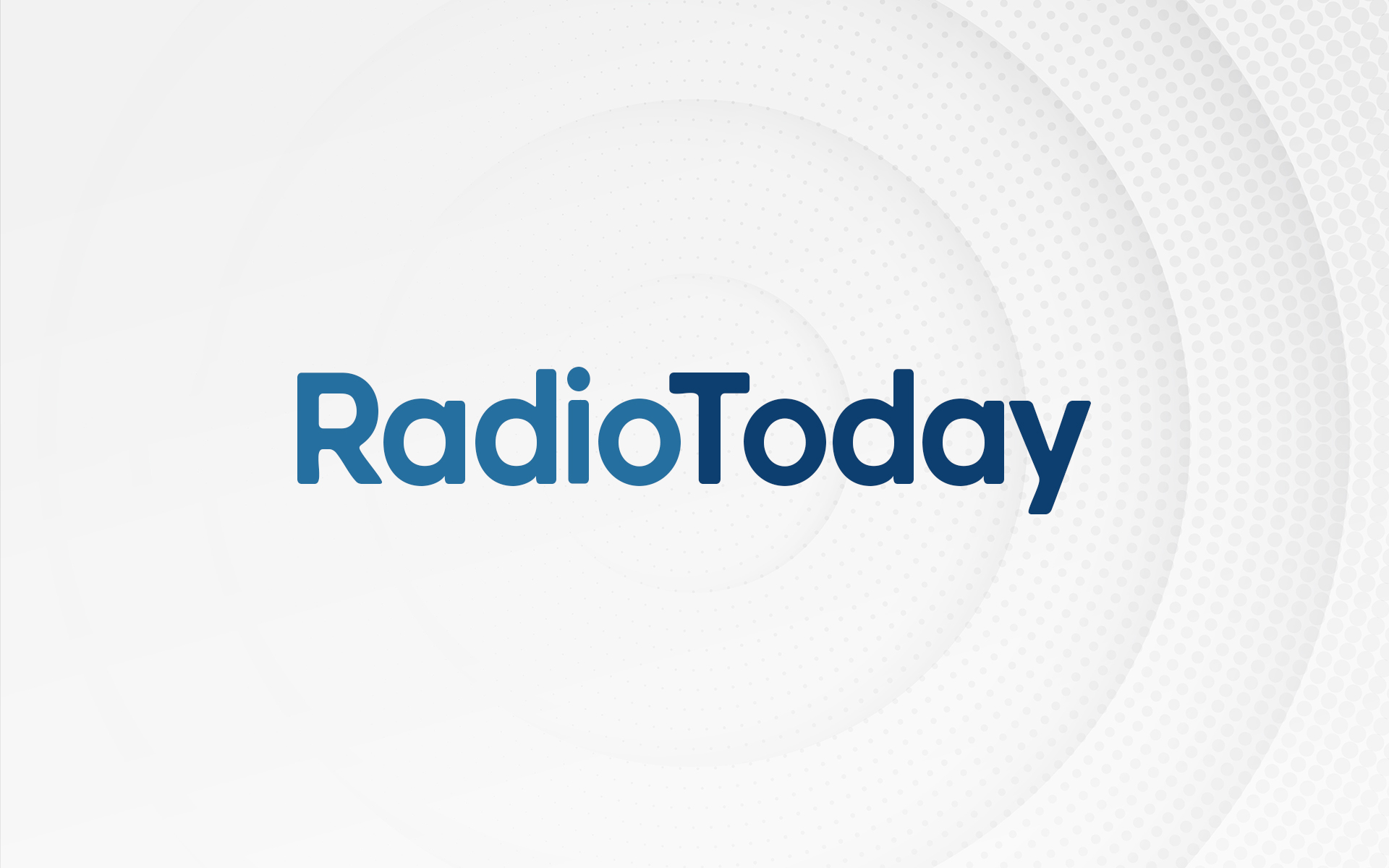
There were three letters ominously missing from this year’s Radio Festival. D-A-B.
But with now just a month and three days to go until the minister responsible for radio will make an announcement on our digital future, the platform’s well and truly back on the agenda with a war of words kicking off this week. In the red corner: a coalition of local radio operators. In the blue corner: Digital Radio UK, Global & Bauer. Keeping well and truly out of it this time: the BBC.
OK, so I’ve over-dramatised it a little. But such a clear public divide like we saw this week isn’t necessarily great for our industry. RadioCentre and Digital Radio UK are bodies that usually bring competitors together for the greater good; this latest DAB row has caused an obvious split between the owners of small-scale licences and the big boys.
Everyone agrees that an in-principle decision on digital switchover is needed. The divide is over what the outcome of that decision should be. Digital Radio UK says small stations ‘should have nothing to worry about’ because even after switchover we’ll still have FM and they’ll be able to stay on it if they want. But it’s the detail that’s concerning those small stations – and detail’s not something we’ve heard much about in the long-running DAB debate over the last 15 years or so.
There are many examples where the current local multiplex set-up creates issues for local commercial stations. Where I live on the West Yorkshire-North Yorkshire border, I get the Bradford/Huddersfield multiplex. Yet the only commercial station serving my hometown is Stray FM. If Stray goes on DAB at some point, it’s likely to be on the North Yorkshire multiplex run by Muxco, which I’m likely to be out of range of (just as I am for the Yorkshire MXR multiplex which is probably closing). For small-sized stations, going on more than one multiplex could be cost-prohibitive and also creates complications with how localised content and ads are targeted at different bits of their TSA. In Kent, kmfm – not one of the groups forming the ‘coalition’ this week – has seven analogue licences but the one county-wide DAB multiplex means it can’t send different local ad breaks to listeners in Dover to the ones people in Maidstone get.
So what’s the answer?
The ‘coalition’ of local radio operators say to avoid stations being ‘left stranded on FM’ we should only switch once only 10% of radio listening is via FM and AM. And the group wants manufacturers essentially forced to only make radio sets which combine analogue and digital stations onto one list of what’s available in your area. The technology to do this has been around a few years, but we’re still waiting for manufacturers to make use of it.
Orion Media operates a relatively small number of licences in the Midlands but they’re as big as, if not bigger than, some of those owned by Global and Bauer. Orion’s not part of the ‘coaltion’ either but says it understands both points of view – smaller FM stations feeling they’re on a ‘backwater’ platform if the big players are made to go digital-only; and the large groups wanting certainty of licence ownership and a plan for many years into the future. Orion Media CEO Phil Riley has told RadioToday he’d like to see ministers committing to DAB for the next decade, but doesn’t think a fixed switchover date will help just yet. He said: “The government can square this circle I think, by not announcing a definitive date, but by agreeing to support DAB as per the memorandum of understanding for, say, the next 10 years, until DAB is firmly established as the principal radio platform, and combining that with a general roll-over of all FM licences for that period. At that point if commercial operators want to hand back FM licences because they are uneconomic, they can do, although I suspect they won’t, especially if those licences come up for re-licensing.”
Personally, I think we should get on with it and make some bold decisions. Moving Absolute/Classic/talkSPORT and a couple of BBC network stations to digital-only within months would really push things along if you ask me – regardless of the backlash it may bring in the press because listeners have to buy a new radio to hear The Archers. Encouraging consumers to ‘go digital’ is working, but it’s taking too long.
At the same time, I do think some of the concerns the coalition has are genuine and need further debate. We’ve heard all about the big-picture stuff that DAB can offer. Now it’s time to talk details, and to make some compromises to unite the industry. If we’re pulling in different directions we’ll get nowhere fast.
This article first appeared in our eRADIO newsletter. Subscribe here.
Posted on Wednesday, November 13th, 2013 at 12:48 pm by RadioToday UK

